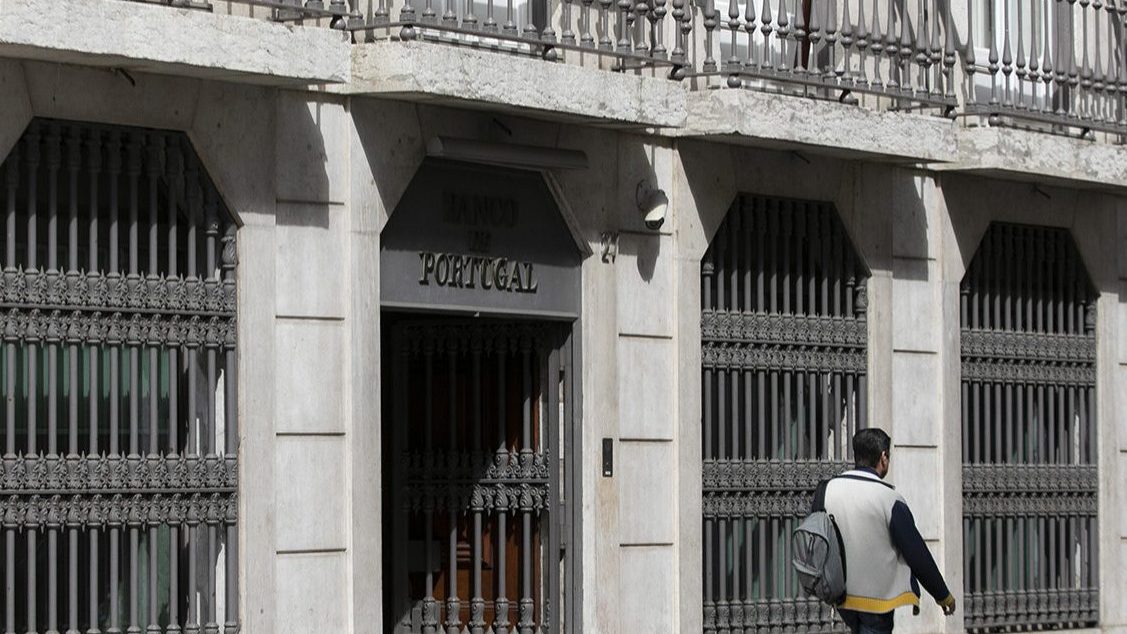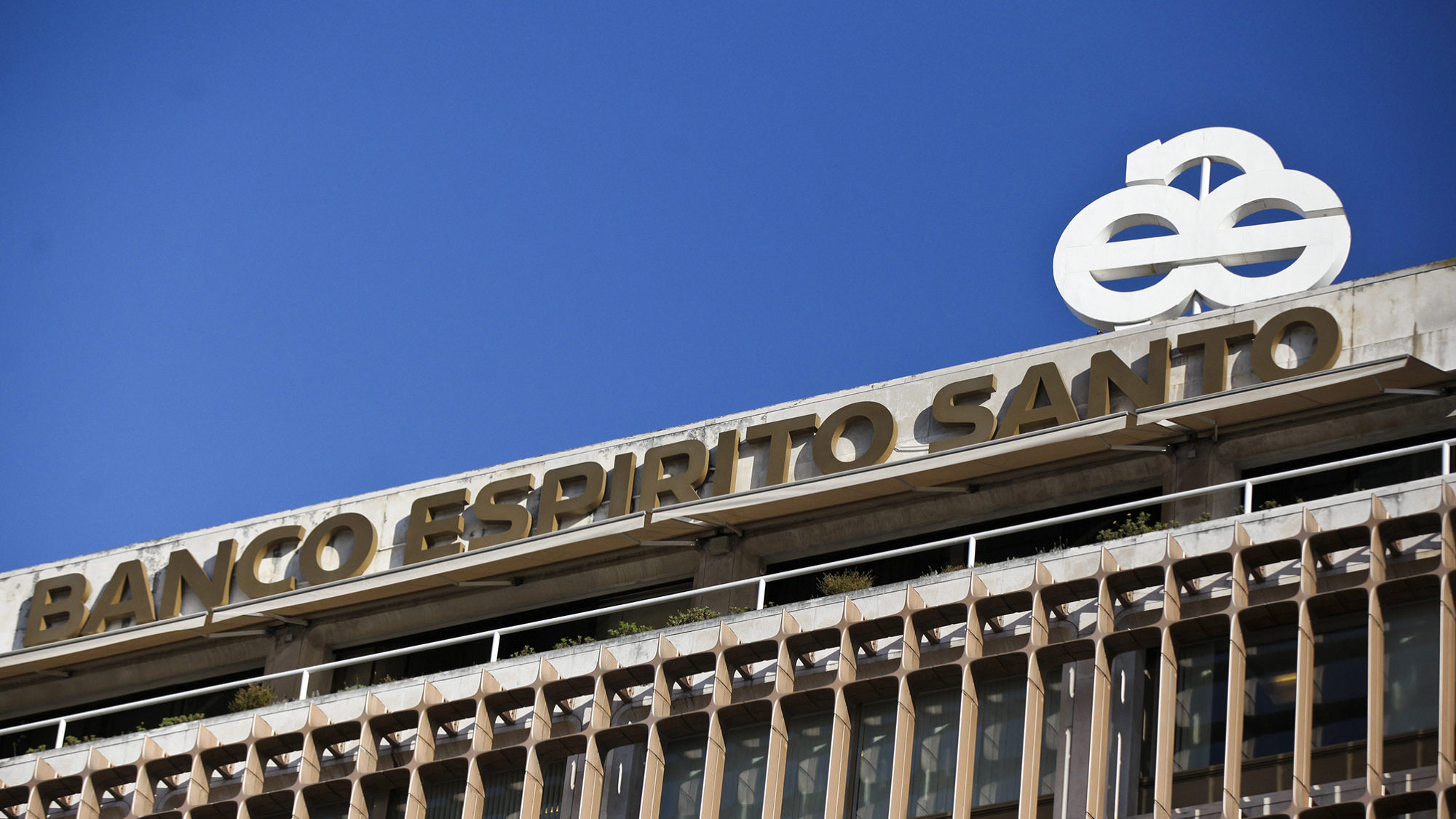Competition Court criticises central bank’s view on KPMG’s audit role
Portugal's Competition Court has criticised the central bank's view that auditing firm KPMG should have provided information that could lead to reservations about Banco Espírito Santo's accounts.
The Competition Court has criticised the Bank of Portugal’s view that auditing firm KPMG should have provided information that could lead to reservations about Banco Espírito Santo’s accounts, stressing that it cannot be a mere messenger of the supervisor.
In the long sentence handed down at the end of the trial of the appeals lodged by KPMG and five of its associates against the fines of nearly €5 million imposed by the Bank of Portugal (BdP) in June 2019 for breach of rules that should have led to the issue of reservations to the consolidated accounts of Banco Espírito Santo (BES), Judge Vanda Miguel set out the reasons that led her to consider the judicial challenge fully well-founded, revoking the administrative decision and acquitting all the applicants.
Starting with the point that generated most discussion during the trial initiated on 3 September at the Competition, Regulation and Supervision Court (TCRS), that of the interpretation of article 121(1)(c) of the General Regime of Credit Institutions and Financial Companies (RGICSF), concerning the moment at which facts likely to generate reservations to the accounts of a financial institution should be communicated, the judge considered that the BdP’s understanding is not following the ‘legis artis’ and with what is normal in auditing life.
Vanda Miguel even said that he was startled by the BdP’s vague response to the letter sent to him by TCRS to find out how many reports of potential non-compliance had been made to the interim supervisor of an audit, stressing that pointing out a specific number would in no way conflict with the banking secrecy invoked by the regulator.
She also stated that it was strange that the supervisor stated that he had no further misdemeanour proceedings on this matter, given the widespread understanding of auditors and auditees heard in a judgment contrary to that of the BdP.
As she concluded, only after exhausting all audit procedures does the auditor have a duty to report and not while the interim information review process is in progress, as the BdP intended in this case.
In conclusion, Vanda Miguel made an exhaustive analysis of the facts that weighed on the administrative decision, such as those related to the knowledge of the minutes of the two sessions of the general meeting of BES Angola, The meeting was held on 3 and 21 October 2013, and was attended by Ricardo Salgado, and on the issue of the Angolan state’s sovereign guarantee, on 31 December 2013, to cover possible defaults on the bank’s credit portfolio, a topic that dominated those meetings.
Vanda Miguel said what is reported in the minutes of the BESA general meeting of October 2013 is a mere piece of the bank’s life, which does not have the virtuality of being able to serve to state that there was not enough information so that a conscientious external audit could be carried out in 2011 and 2012.
Underlining that there were other audits/inspections made to BESA by other entities, which never pointed to the existence of a lack of relevant information, the judge noted the irony of the only entity that placed reservations, for not being able to account for provisions for local purposes, being precisely KPMG Angola.
In the ruling, read Tuesday, the TCRS noted the close link between the Portuguese and Angolan supervisory bodies, noting that the National Bank of Angola (BNA) had never reported to the BdP, any serious problem in BESA’s credit portfolio.
According to the court, it is the BNA itself that states that it essentially contains loans granted to the state and Angolan public companies, which is why the overdue credit was insignificant and the provisions were adequate.
At issue in the judgment were the applications for annulment brought by KPMG (ordered by the BdP to pay a fine of €3 million), its chairman, Sikander Sattar (€450 000), Inês Viegas (€425 000), Fernando Antunes (€400 000), Inês Filipe (€375 000) and Silvia Gomes (€225 000).
Both the Bank of Portugal and the Public Prosecutor’s Office have made it known that they will appeal against the TCRS decision.


